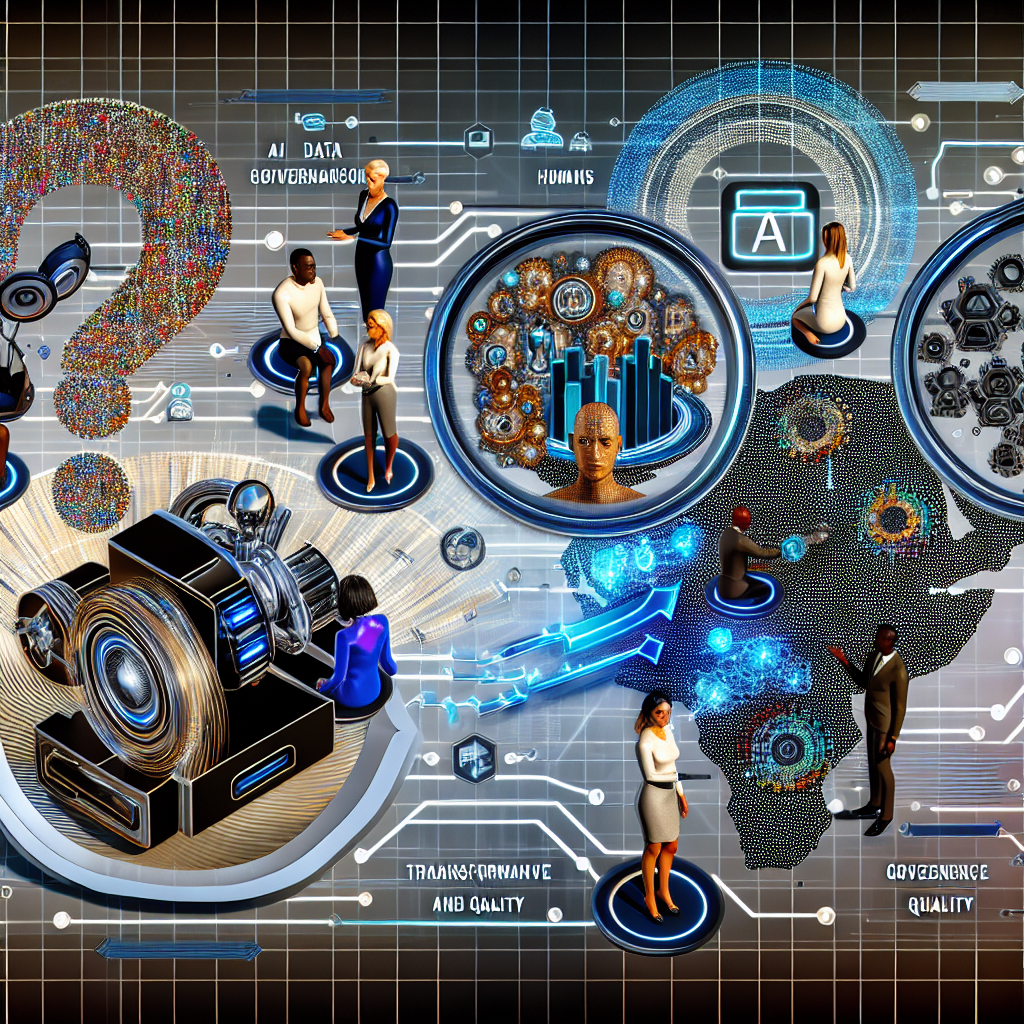Article analysis: Harnessing Agentic AI: Transformative Potential, Data Foundations, and Future Work Dynamics

“AI is only as strong as your weakest data source.”
Summary of agentic AI: transforming tomorrow’s workplaces
The recent article “Reflections on Agentic AI” offers a deep dive into the promising future of AI technologies, their requirements, and the symbiotic relationship between humans and machines. This analysis will distill the key takeaways and provide insights for practical application.
The promise: the rise of agentic AI
Mark Benioff unveiled agentic AI technologies at Dreamforce 2024, highlighting their capacity to independently manage tasks such as planning and decision-making. This marks a pivotal evolution from AI copilots to AI pilots. Complementing this, Satya Nadella emphasized the necessity of incorporating AI into core business operations, defining it as a strategic enabler for organizational transformation. Additionally, Jensen Huang presented a visionary outlook, positioning the next decade of AI as an unprecedented era of innovation.
The reality: a strong data foundation
The article emphasizes that the backbone of AI success lies in data quality. AI’s efficacy is directly tied to the robustness of its underlying data. There is an urgent need for businesses to invest in data governance frameworks to ensure the reliability and accuracy of AI outputs. By considering data as the cornerstone for future innovations, companies can transform raw data into actionable insights across various functions.
The future: symbiotic relationship between humans and AI
The discourse also addresses the inevitable integration of AI into the workforce. Contrary to popular fears of job displacement, the article suggests that AI will unlock human potential by automating mundane tasks, thereby enabling employees to focus on complex and creative problem-solving. This transition, however, necessitates proactive investment in reskilling and upskilling to facilitate a seamless workforce evolution.
Critical insights
While the article provides a comprehensive and optimistic outlook on AI’s potential, it is critical to acknowledge potential challenges such as job transitions and ethical concerns. Furthermore, the narrative could benefit from empirical examples to substantiate claims around data governance and AI implementation. Overall, the insights presented offer a forward-thinking perspective on achieving operational excellence through AI advancements.
Featured writing
Why customer tools are organized wrong
This article reveals a fundamental flaw in how customer support tools are designed—organizing by interaction type instead of by customer—and explains why this fragmentation wastes time and obscures the full picture you need to help users effectively.
Infrastructure shapes thought
The tools you build determine what kinds of thinking become possible. On infrastructure, friction, and building deliberately for thought rather than just throughput.
Server-Side Dashboard Architecture: Why Moving Data Fetching Off the Browser Changes Everything
How choosing server-side rendering solved security, CORS, and credential management problems I didn't know I had.
Books
The Work of Being (in progress)
A book on AI, judgment, and staying human at work.
The Practice of Work (in progress)
Practical essays on how work actually gets done.
Recent writing
We always panic about new tools (and we're always wrong)
Every time a new tool emerges for making or manipulating symbols, we panic. The pattern is so consistent it's almost embarrassing. Here's what happened each time.
Dev reflection - February 03, 2026
I've been thinking about constraints today. Not the kind that block you—the kind that clarify. There's a difference, and most people miss it.
When execution becomes cheap, ideas become expensive
This article reveals a fundamental shift in how organizations operate: as AI makes execution nearly instantaneous, the bottleneck has moved from implementation to decision-making. Understanding this transition is critical for anyone leading teams or making strategic choices in an AI-enabled world.
Notes and related thinking
Article analysis: "Salesforce's Agentforce: Transforming Enterprise Operations with Advanced AI Integration"
Discover how Salesforce's Agentforce leverages advanced AI to transform enterprise operations, enhancing efficiency and customer satisfaction across industries.
Article analysis: The Rise of AI-Centric Leadership: Transforming the Executive Landscape for a Digital Future
Explore how AI-centric leadership is reshaping the executive landscape, defining new roles, and driving innovation for a digital future.
Article analysis: Transforming Education: Analyzing Sam Altman's Vision of AI-Powered Personalized Learning
Explore Sam Altman's vision for AI-driven personalized learning, revolutionizing education with virtual tutors and fostering critical thinking for future...